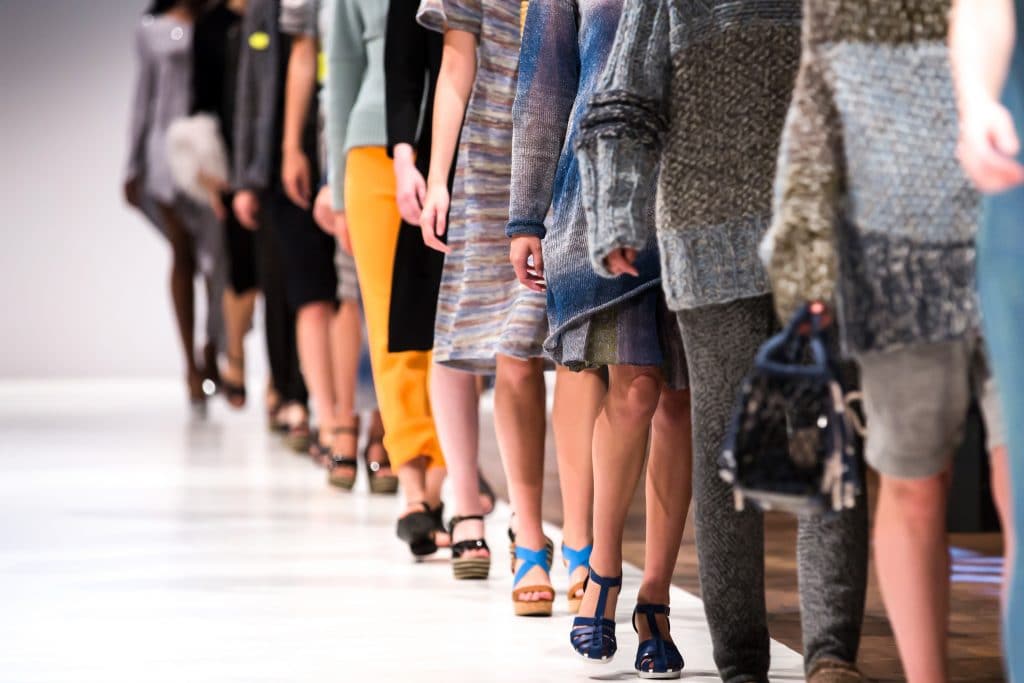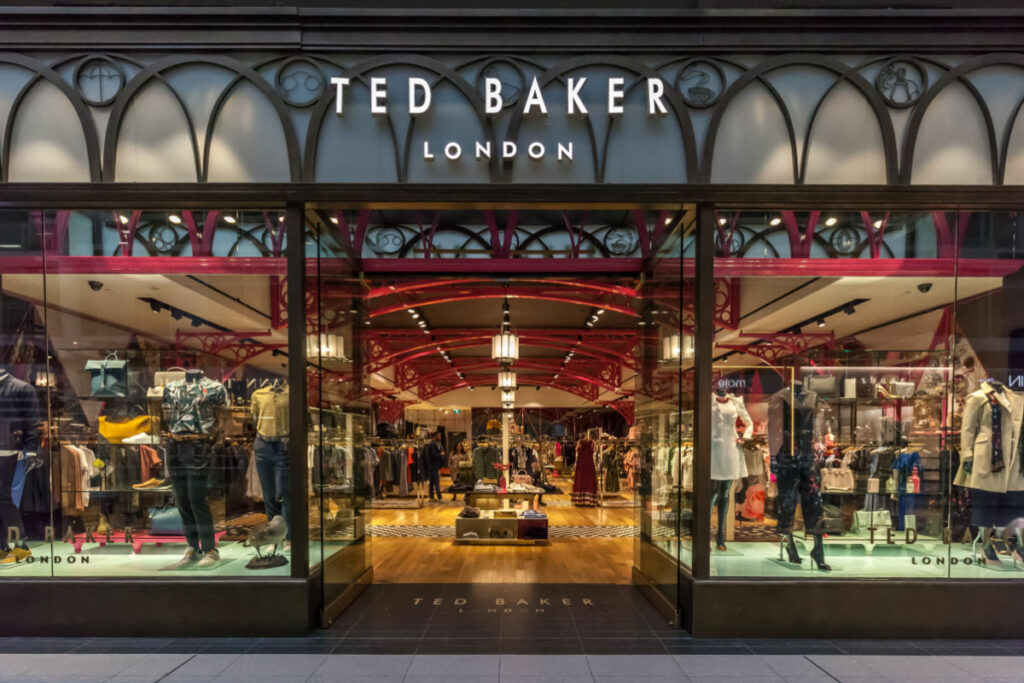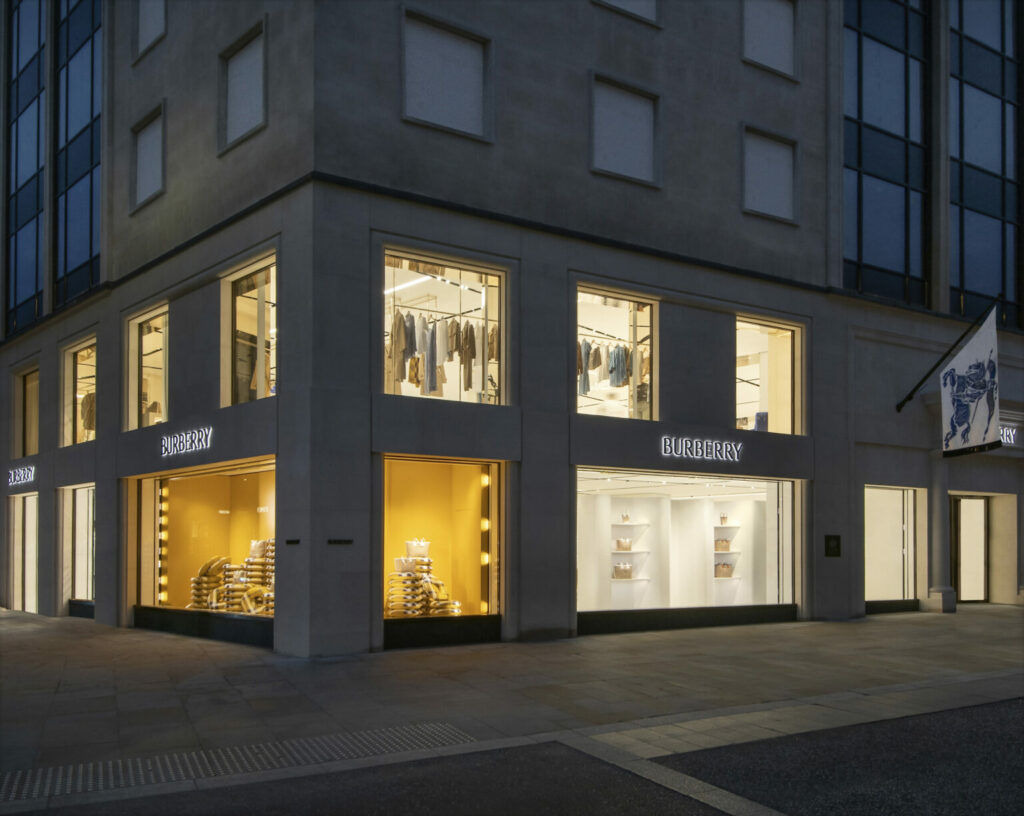Since 1983, London Fashion Week has been giving fashion designers the chance to showcase new collections ahead of when they’ll be on for sale.
Fashion retailers and department stores certainly capitalise from all the buzz created from the glamorous event, especially if they have stores in London. But exactly how well does the trade show – regarded as a member of the elite “Big 4” of fashion weeks alongside New York, Milan and Paris – benefit them?
“London Fashion Week is a global moment for the West End, driving tens of thousands of domestic and international visitors to our designer and high street stores,” New West End Company chief executive Jace Tyrrell said recently.
It can be argued that London Fashion Week isn’t what it used to be, with some statistics indicating that its prominence has fallen in recent years. Online menswear retailer StandOut found that consumer interest in the Big 4 fashion weeks had fallen by 20 per cent since 2013, with London topping the list.
Although retailers don’t depend entirely on a fashion week for success, London Fashion Week could work in favour of them because of its tradition to showcase their garments. Based on how well they’re received from fashion critics and the wider public, retailers can anticipate the way it could affect their business.
“Exactly how well does the trade show benefit fashion retailers?”
“London Fashion Week offers retailers the perfect opportunity to tap into new technology trends in fashion, that continue to change the way we shop and drive demand for a smooth and seamless customer experience,” Barclaycard director of strategy Anita Liu Harvey said.
“For example, some brands at London Fashion Week will take advantage of the opportunity to engage with a wider audience than just those at the event, with a 360° live stream of catwalk collections via social channels.
“In addition, other brands in recent years such as Burberry and Tommy Hilfiger have adopted a ‘see now, buy now strategy’, making a selection of catwalk designs available to buy immediately after the show.”
London Fashion Week may not be easily accessible to the general public, doesn’t mean the average consumer can’t enjoy the showcase. With the growing power of social media and the subsequent rise of individual social media influencers, people are now more connected to the event than ever before.
Instagram in particular has been key in promoting the event’s fashion garments, and since the launch of last year’s shoppable posts, consumers can directly purchase from the app.
Meanwhile, the ‘see now, buy now’ strategy means retailers can plan ahead by pre-ordering the styles that have been a success at London Fashion Week.
“We’ve noticed that the ‘see now, buy now’ trend has penetrated more West End retailers than ever before.”
“We’ve noticed that the ‘see now, buy now’ trend has penetrated more West End retailers than ever before, with many offering customers access to their collections immediately after catwalk shows,” Tyrrell said.
He added that see now, buy now was a “key contributor to the spike in spend by these high spending shoppers”.
Red Hot Penny’s Russ Powell believes the only retailers who do well from London Fashion Week are those that invest their time on putting their brand on Instagram.
“Most are still not posting directly shoppable posts,” Powell said.
“Those brands using Instagram well are bringing the imagination they show on the catwalk to their feeds.
“With many fashion lines posting challenging financial results, those with a digital first approach, coupled with quality products sold at a fair price are doing well.”
However, Peter McVeigh, director of Donaghys Shoes told the Retail Gazette that February was one of the quietest months of the year, therefore London Fashion Week was unlikely to increase online sales for retailers.
Meanwhile, Sandra Perriot, senior planner at retail specialist Cheil UK, said the main key performance indicator of London Fashion Week was the media impact value.
“Fashion weeks trigger conversations about influencers, local brands and the fashion world. This should benefit smart, data-driven retailers,” she told Retail Gazette.
“It happens online, on Instagram, so it’s trackable and the pique of interest for fashion – driven by celebrities and influencers – is re-targetable.
“London Fashion Week provides a financial boost to independent fashion stores”
“With the right proposition, at the right time and place, retailers should be able to enjoy some benefits – online and offline.”
Fast fashion retail chains may not exhibit at London Fashion Week as much as independent retailers like Tata Naka, Underage, and Kloto, but they still seem to see a surge in sales during the event as consumers scurry to find similar, more affordable trends.
Cyrine Allani Joaristi, founder of clothing rental service Nothing-to-Wear, told the Retail Gazette: “London Fashion Week creates a surge of excitement around fashion in general, new prints, colour’s and staple items infiltrate all low and high end fashion outlets.”
“In particular London Fashion Week provides a financial boost to independent fashion stores, with some stores profits increasing by 24 per cent during September 2018 Fashion Week,” she added.
“Fashion week inspires individuals to be more bold and excited by available fashion choices.
“Customers are more likely to explore beyond renowned brands and high street retailers and browse unique pieces at independent fashion stores.”
As the fashion sector continues to dominate the retail industry, pressure is growing on fashion retailers and department stores to capitalise on the hype around London Fashion Week. This could include investing in social media visibility through influencers or shoppable posts, or rolling out their own ‘see now, buy now’ initiative – even if they don’t have a showcase at the event.
Click here to sign up to Retail Gazette‘s free daily email newsletter

















